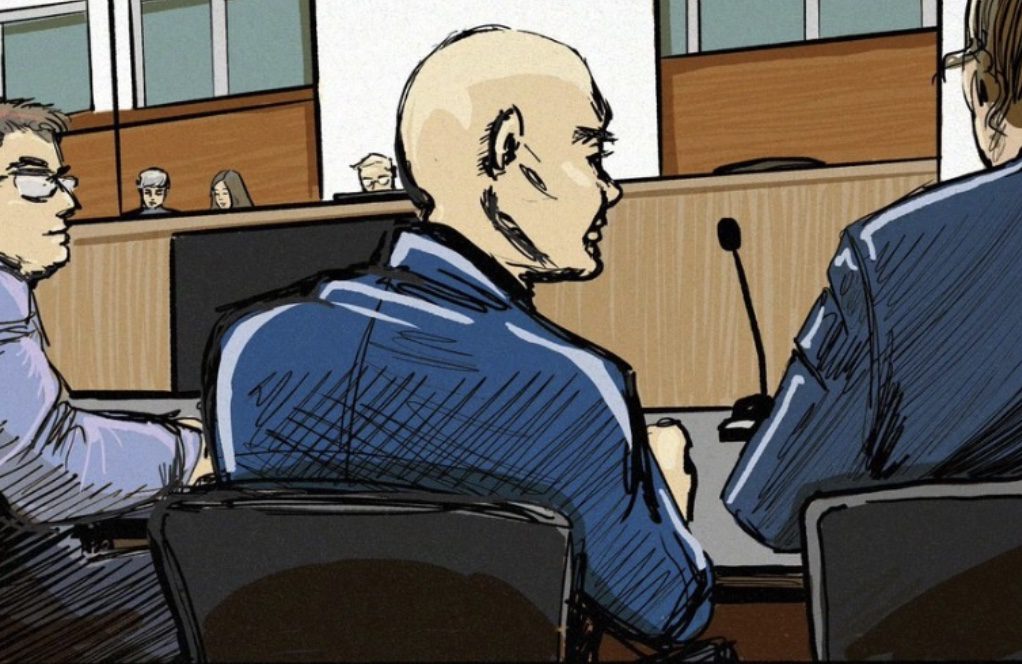The ruling is a win for Trump and several of his co-defendants. A Fulton County judge on Wednesday threw out multiple counts contained in the election interference indictment against former President Donald Trump and several of his co-defendants.
Judge Scott McAfee’s decision to dismiss six counts tied to a particular accusation – Solicitation of Violation of Oath by a Public Officer – is questionable. This charge is directly connected to Trump’s phone call on January 2, 2021, to Georgia Secretary of State Brad Raffensperger, which was one of the triggers for the investigation. The dismissal raises eyebrows and prompts questions about the integrity of our judicial process.
Judge McAfee’s assessment was unequivocal as he essentially concurred that the plaintiffs’ claims lacked the necessary specificity to substantiate their allegations.
In his written opinion, he pointed out the glaring deficiency in outlining exactly which portion of the oath the defendants were purportedly encouraging public officials to breach. The judge emphasized that this absence of crucial information regarding a fundamental legal aspect was fatal to the case’s viability.
Maybe Donald Trump’s call to Raffensperger was legal after all? Maybe Raffensperger’s handling of the GA election was not. Maybe.
Out of the 13 counts that Trump faced, the judge’s order tossed three of them. Trump now faces 10 counts in the case. The order states, “They do not provide the Defendants with enough information to prepare their defenses intelligently, as the Defendants could have violated the Constitution and, thus, the statute in dozens, if not hundreds, of distinct ways.”
However, the court’s decision conveniently overlooked the most severe indictment – the racketeering charge that all 15 defendants are still up against.
Why? Racketeering cases are built primarily on narratives, not evidence. The narrative in this case was built on the “phone call” Judge McAfee just tossed out. Legalities, being what they are, allow the narrative to continue.
The judge has generously given Fulton County district attorney’s office a six-month window to revisit and refile the dismissed charges, should they decide to take that route.
The legal maneuver, known as demurrers, was initiated by none other than Trump himself, alongside his former lawyer Rudy Giuliani, ex-Chief of Staff Mark Meadows, election attorney John Eastman, and a few others.
The judge’s order dismisses three of the 13 counts against Giuliani, including solicitation and false statements.
The conduct underlying the now-dropped counts dates back to December 2020 when Giuliani made three public appearances at hearings before Georgia state lawmakers – one in the Georgia House of Representatives and two in the Georgia Senate. During these appearances, he aired allegations of fraud in the 2020 election and encouraged lawmakers to assign a false slate of electors. Giuliani now faces 10 counts in the Fulton County indictment.
The judge’s order dismisses one of the two counts against Meadows. He now faces a single count, which is the racketeering or RICO charge that all 19 defendants were charged with.
One of the nine counts against Eastman has been dismissed, highlighting potential weaknesses in the prosecution’s case. Furthermore, three out of the 12 counts against Georgia lawyer Ray Smith III have been dropped, indicating potential flaws in the charges brought against him.
Similarly, one of the 10 counts against Georgia lawyer Robert Cheeley has also been dismissed, raising questions about the validity of the accusations. Despite these developments in favor of the defense, it is noteworthy that several defense attorneys involved in the case have praised this ruling as a positive development for their clients.
“The Court made the correct legal decision to grant the special demurrers and quash important counts of the indictment brought by DA Fani Willis,” Trump attorney Steve Sadow said in a statement. “The ruling is a correct application of the law, as the prosecution failed to make specific allegations of any alleged wrongdoing on those counts.”
Last August, Trump and 18 others pleaded not guilty to all charges in a racketeering indictment for alleged attempts to overturn the 2020 presidential election results in Georgia. Defendants Kenneth Chesebro, Sidney Powell, Jenna Ellis, and Scott Hall later accepted plea deals to testify against other defendants.
The ex-president vehemently denounced the district attorney’s investigation as overtly politically motivated, implying a biased and unfair approach to justice.




